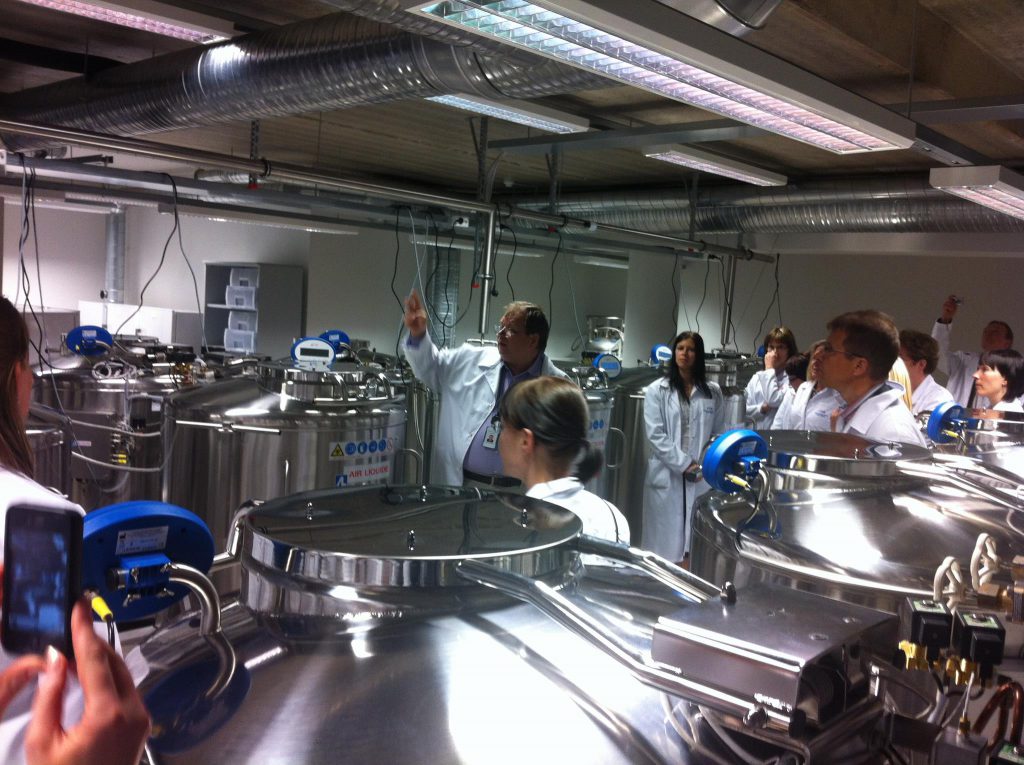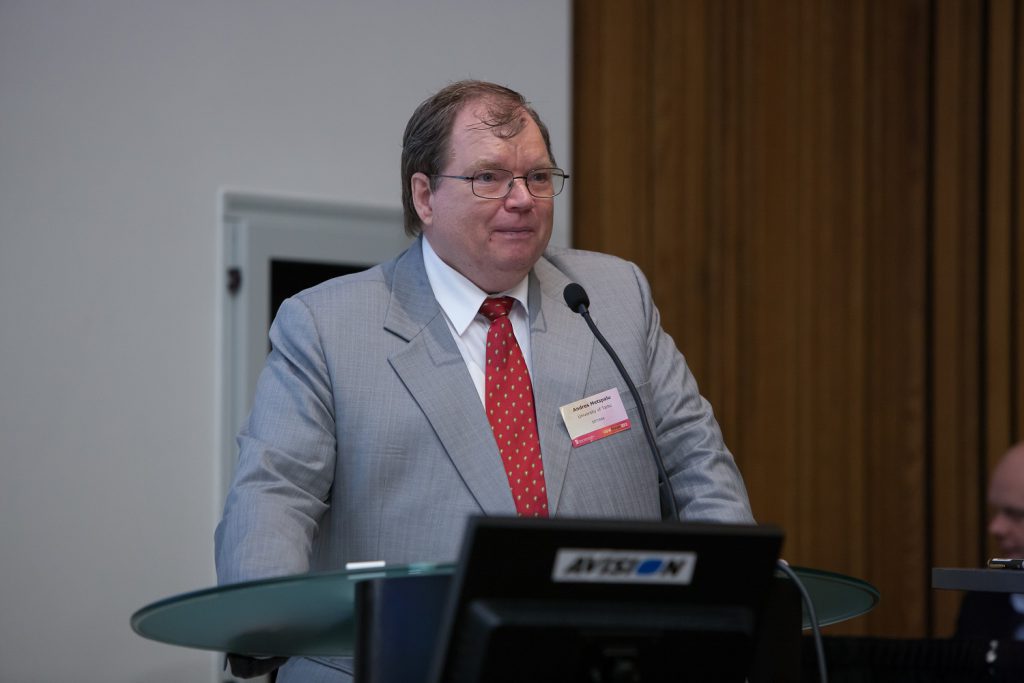Andres Metspalu, the head of the Estonian Biobank, has been selected as one of the members of the mission board for cancer of Horizon Europe, a European Union scientific research initiative.
The European commissioner for research, science and innovation, Carlos Moedas, announced the names of the experts who have been selected as members of the mission boards to work on five major European research and innovation missions. The missions will be part of Horizon Europe, the next EU research and innovation programme (2021-2027).
“Europe has an excellent opportunity to become world-leading expert in cancer prevention and early diagnostic methods,” Metspalu said in a statement. “Due to new breakthroughs in genomics, cell biology and data science, Europe biobanks have a unique possibility to create Europe-wide platform for genetic and patient data, which creates substantial increase in cancer prevention and effective treatment options.”
A large number of high-level experts
Each mission board consists of 15 experts, including the chair. They will identify the first possible specific missions on cancer, climate change, healthy oceans, climate-neutral cities and healthy soil and food by the end of 2019, the European Commission said.
In addition, for each mission an assembly will be established, gathering a larger number of high-level experts. The assemblies provide an additional pool of ideas, knowledge and expertise that will be actively called upon to contribute to the success of the five missions.
Over 350 individuals from across the EU and beyond applied to become member of mission board of cancer.
Metspalu is the head of the Estonian Biobank that by the end of 2018, in cooperation with the Estonian government, collected the DNA samples of 100,000 Estonians to develop a more personalised medicine system in the country.

Developing a more personalised medicine in Estonia
The project started in April 2018, with the aim of collecting genetic data and integrating it into every-day medical practice by giving people feedback of their personal genetic risks. The Estonian government allocated €5 million for the development of the initiative that enabled 100,000 Estonians to give their DNA sample for free.
Run by the University of Tartu’s Institute of Genomics, the general purpose of the initiative was to boost the development of personalised medicine in Estonia. Using the Illumina Global Screening Array, the data is used to generate the personalised genetic reports for the participants. This genetic data will then be linked with the Estonian National Health Information System, to enable physicians to take people’s personal genetic information into account when assessing the health risks of the patient.
Horizon Europe is a planned seven-year European Union scientific research initiative meant to succeed the current Horizon 2020 programme (a framework programme funding research, technological development and innovation). As of April 2019, the commission proposes €94.1 billion for Horizon Europe – due to launch in 2021 – up from €77 billion for the current Horizon 2020.
Cover: Andres Metspalu. Photo by Andres Tennus, under Creative Commons license CC BY-SA 3.0.

